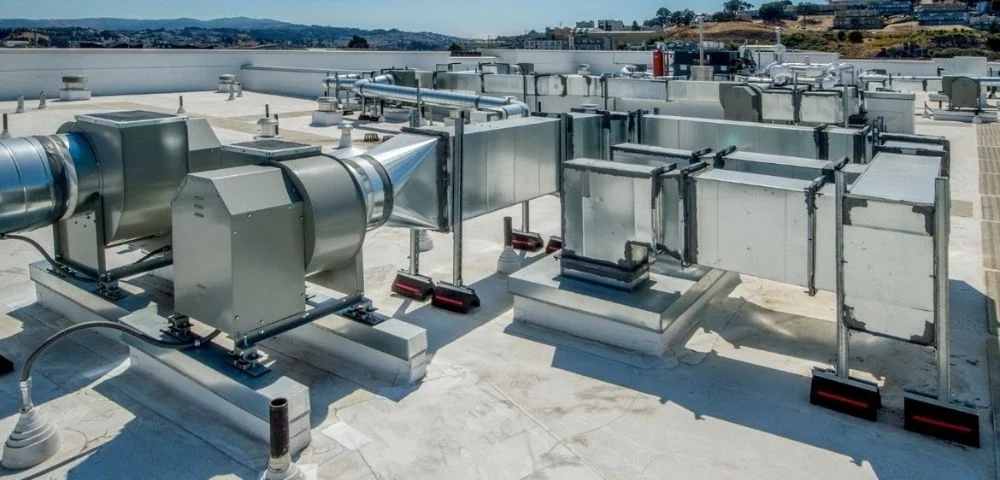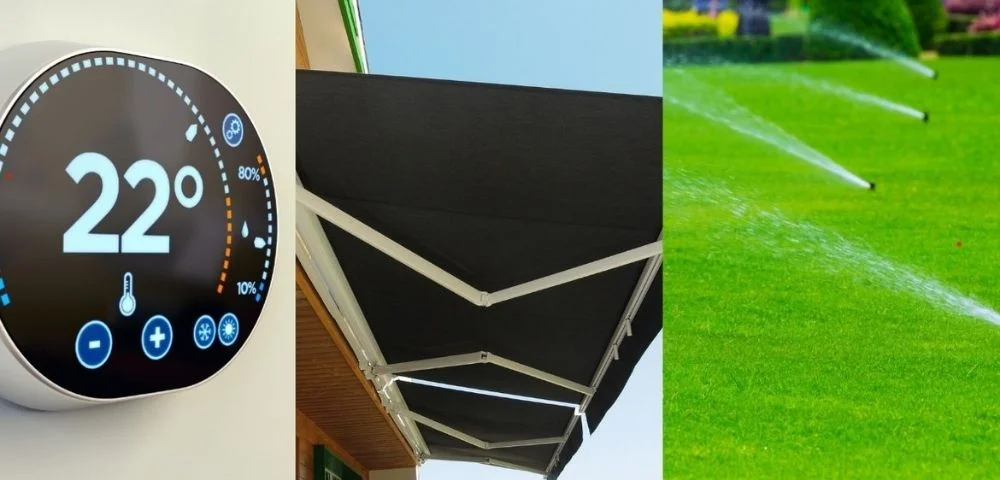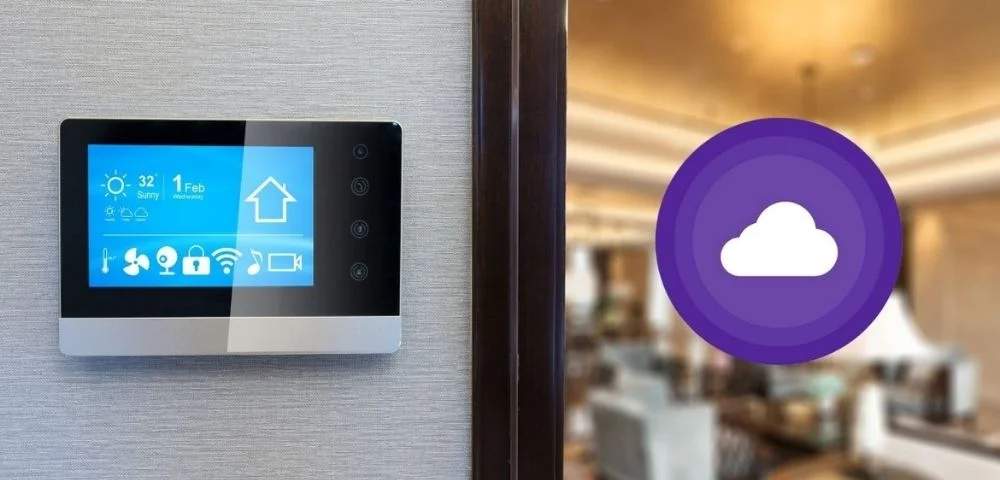Climate Change and Energy
Climate change is an undeniable reality of our present and future. The recently held COP28 served as a stark reminder of where we stand on climate change. Notably, it emphasized the imperative need to completely phase out the use of fossil fuels such as coal, natural gas, and oil, which constitute approximately 82% of the current energy production.
The event underscored that the first step towards this goal was taken during COP28. Furthermore, there was a highlighted call for a threefold increase in the existing renewable energy capacity worldwide by 2030. Shifting the energy production sources, as discussed in COP28, is an inevitable requirement in the fight against climate change. However, let's delve into the optimization of energy consumption, which is equally impactful as the source of energy production.

Energy Consumption
The world's annual energy consumption grew by nearly 2% in 2023, reaching a record-breaking 34.3 billion metric tons of CO2 emissions. The yearly energy consumption in an average American household is 10,632 megawatt-hours (mWh), dependent on various parameters. The climate and weather conditions in the location where the house is situated are particularly crucial parameters.
How Weather Affect Houses
Weather significantly influences homes. When it's cold, we turn on the heater, and when it's hot, we activate the air conditioner or open a window for ventilation.
- Cooling: In the United States, the average annual cost of air conditioning a home is around $250. In regions with intense usage, such as the South, cooling costs can soar to nearly $450 per year.
- Heating: The annual cost of heating for an average-sized existing home can reach up to $2185.
- Air Quality: Levels of indoor air pollutants are often five times higher than outdoor levels.
One of the promises of smart homes is the ability of automated systems to significantly reduce these costs and lower energy consumption. However, even the best automated systems can only react to existing conditions inside the house.

Advantages of Weather Intelligence-Enabled Smart Homes
Enhanced Temperature Control for Energy Efficiency
Despite having smart home equipment, homeowners often fail to utilize the numerous features available for saving on energy costs. In heating and air conditioning controls, smart devices can maintain consistent internal temperatures, compensating for fluctuations in external temperatures. While traditional thermostats serve similar purposes, smart home devices surpass them by providing precision and automation through additional sensors and remote controls.
For instance, homeowners and renters can program these devices based on their location within the home, enabling heating or cooling of occupied areas only, optimizing energy use. During nighttime, for example, only the bedroom needs to be kept cool in the summer, avoiding unnecessary cooling of the entire home.
Integration of Weather Intelligence for Optimized Service Management
The integration of weather intelligence is crucial because weather conditions significantly impact indoor temperatures. A smart thermostat utilizing weather data can dynamically adjust indoor temperature settings in response to rapid weather changes, contributing to energy and gas savings.
Additionally, smart home technology extends its utility management to sprinkler systems. Unlike traditional systems operating on timers, smart systems assess soil moisture and weather data, activating only when necessary, avoiding water wastage during rainfall.
For example, if weather data predicts rainfall shortly after the sprinklers are scheduled to activate, an intelligent system would suspend operation, conserving water and reducing costs. By integrating precise weather data, smart home systems can optimize utility management, making significant contributions to resource conservation and cost reduction.
Security of Outdoor Assests
Buluttan's hyper-local weather intelligence provides homeowners with advance information about potential weather conditions, particularly crucial for protecting outdoor assets such as garden furniture, tents, or parked vehicles. In severe wind conditions, receiving advance weather warnings allows securing or, if necessary, retracting tents on balconies or in gardens.
Similarly, when severe hailstorms are forecasted, having prior knowledge enables us to move our vehicles to a safe place or take protective measures. This integration transforms smart home systems into a security network that can proactively alert homeowners to potential risks, fostering a more proactive approach to property protection and safeguarding outdoor assets.
Bring Weather Intelligence to Your Home with BuluttanAPI
Buluttan API offers homeowners and building managers the ability to understand and effectively manage weather conditions. Covering over 200 meteorological parameters, it provides users with versatile and detailed analysis capabilities, facilitating a better understanding of weather factors and optimization of conditions inside the home or building for energy savings.
Real-time and historical observation data offer valuable insights for future planning and strategic decision-making in energy management. Weather forecasts serve as essential tools for better daily planning and preparedness for possible weather impacts.
Risk warnings provide users with instant information about potential dangers, allowing for proactive measures to be taken. In conclusion, integrating Buluttan's hyper-local Weather Intelligence into smart homes not only enhances energy efficiency but also provides advance warnings for potential weather-related risks, contributing to a safer and more sustainable living environment.








